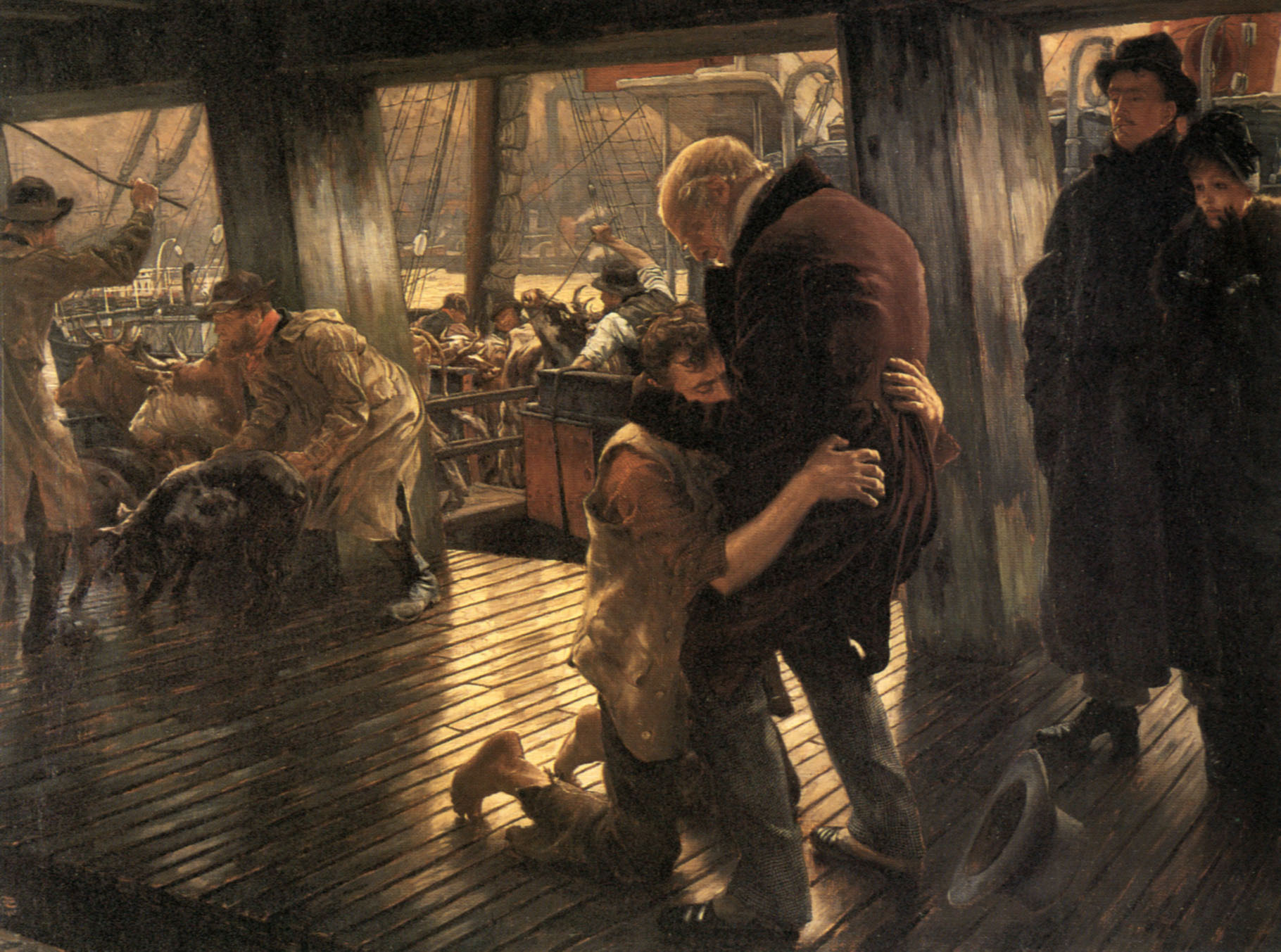More Than Just a Prodigal Son?

The more I reflect on it the more convinced I am that the parable of the prodigal son lays out a great deal more than just a narrative (common to humans) of wandering from home, coming to ourselves, and returning, but that it shows us something essential to the narrative structure of our souls and of the world they live in.
We all have both of these impulses:
- the singularity of the big brother and the diversity of the little brother,
- the one and the many,
- the legalistic and the antinomian,
- the self-righteous and the selfishly unrighteous,
- the overly disciplined and the undisciplined,
- the control freak and the pleasure freak,
- the dutiful and the selfish,
- in sum: the univocal and the equivocal.
Either of these options is violent, as Derrida et al showed.
Our narrative is that we variously choose the path of the prodigal or the safety of the first born. Or we attempt the resolution of these impulses in the only way the univocal and the equivocal can be resolved: in the analogy of the father.
What my madness is suggesting is that this parable offers us an analogy of the woven fabric of reality: one and many in communion, trinity, word made flesh, theologically, philosophically, morally, scientifically, and even pedagogically.
Our “odyssey” or narrative is to achieve that analogy within ourselves.
The way we do it is by always welcoming every new narrative element into our story with affection and humility. That is the path to wisdom.
Or so it seems to me.
Andrew Kern
Andrew Kern is the founder and president of The CiRCE Institute and the co-author of the book, Classical Education: the Movement Sweeping America.











